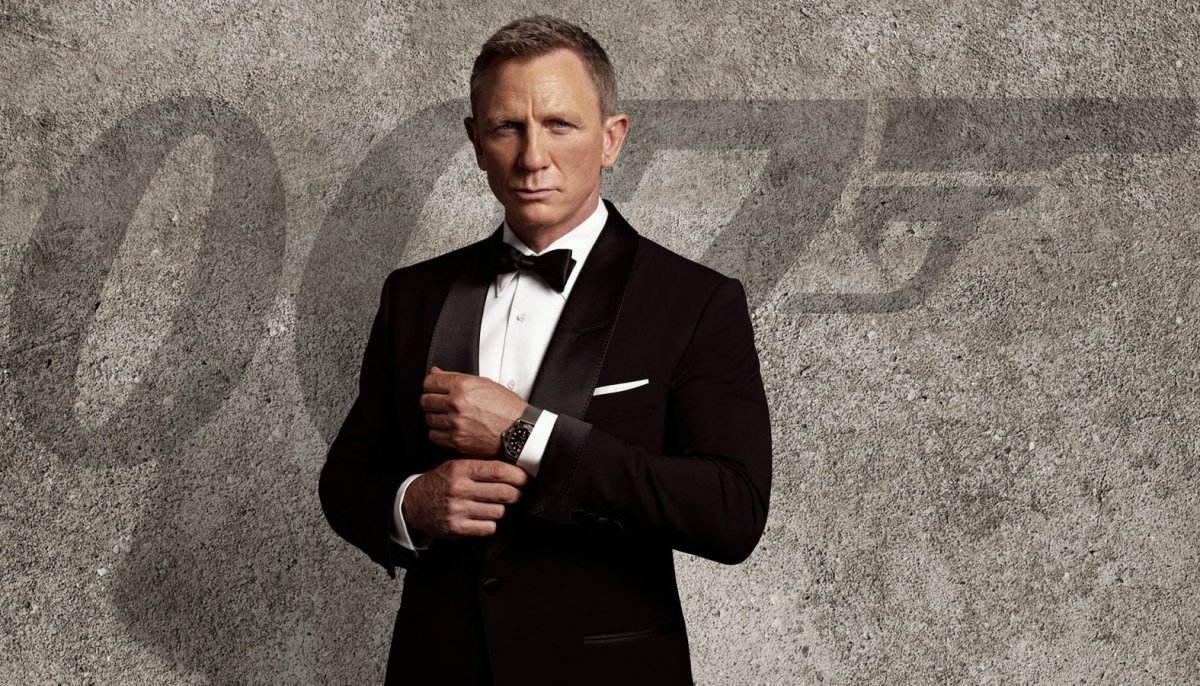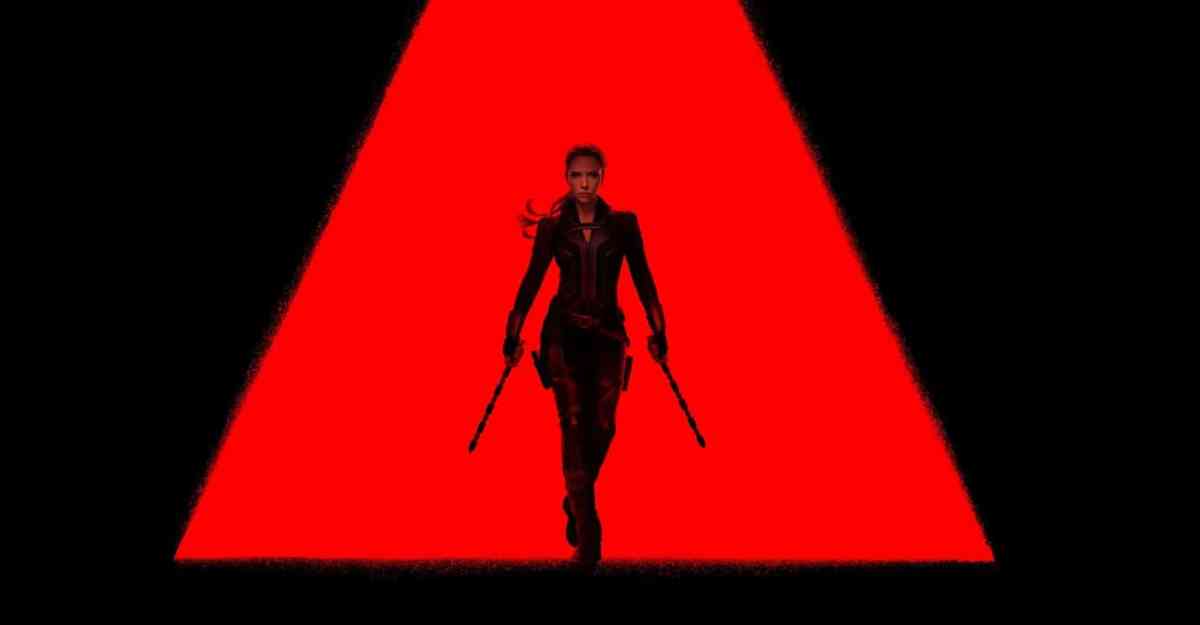By the early 2000’s, Resident Evil was looking as though it was on its last breath.
Capcom had overextended repeatedly, with lackluster spin-offs shamelessly exploiting the Resident Evil name being met with tepid or outright negative reviews. While the 2002 remake revived the Resident Evil name, Capcom had managed to return to old habits, and the successful reboot had managed to cast an umbrella of shadow over the franchise. It was now necessary for Capcom to do everything possible to eclipse the success of Resident Evil‘s prior entries in order to maintain relevance. While several of the side projects were far from total failures, they were near-universally viewed as, at the least, disappointments, serving to make the fresh, new sensation that the series had become known for feel hollow and stale. For a series focused on zombies and monsters, it was spending quite a bit of time being haunted by the ghosts of fallen games.
The development of Resident Evil 4 was the rockiest in the entire series. From the beginning, it was known that this would be the game to determine the entire franchise’s future. Throughout the course of the development, it is believed that at least three or four versions of the title were discarded. However, when Resident Evil 4 released on January 11, 2005, it simultaneously laid to rest one genre and breathed life into another. Resident Evil 4 put more emphasis on action, putting the camera behind the character’s shoulder and, in the minds of many, completely reinvented third-person shooters. Despite releasing more than a decade ago, the impact of Resident Evil 4 still casts its shadow over the industry as a whole. Unfortunately, much like the effect after the 2002 Resident Evil remake, this shadow extended to its own franchise as well. Resident Evil 4 may have revitalized the franchise – and it will forever remain on my personal list of favorite games – but it also set the franchise on a downward spiral, moving dramatically from survival horror to action. The fifth and sixth installments were, in all fairness, decent games. But they were decent games that would have seen more acceptance and success had the Resident Evil name been removed. The intelligent, puzzling, and tension-ridden gameplay were replaced with explosions and gunfights that would have felt more at home in a Call of Duty title. A franchise that had long been on the decline had finally fallen, losing every trace of what had propelled it to the status it had once held. We had reached yet another pivotal point – if Resident Evil had any chance of moving forward, Capcom would have to look backwards, channeling what made the series great from the start – suspense, survival, and horror.
Enter: Resident Evil 7.

The newest installment in the Resident Evil franchise faced the same pressure placed on Resident Evil 4 back in 2005. RE5 and RE6 were essentially Resident Evil games in name alone, and the 2016 spin-off Umbrella Corps was arguably the worst title in the franchise’s history. So when Resident Evil 7 was officially announced during Sony’s E3 2016 press conference, Capcom was quick to point out how the upcoming title would be returning Resident Evil to its horror roots.
“In the classic Resident Evil games of yesteryear, players braced for fear in the first-person via the creepy door-opening scenes, and Resident Evil 7 ramps up that tension with an immersive first-person view and a photorealistic graphical style,” said Capcom in a press release that followed the announcement.
So, now to the real question – is Resident Evil 7 the redemption the franchise so desperately needed?

Before diving in too far, I’d like to share my biggest complaint – which isn’t even necessarily with the game itself, but rather the decisions Capcom made leading up to the game’s release. Between June and December, Capcom released a demo, and two updates, for the game that was intended to be a demo of the game’s tone rather than the actual story. However, locations in both the demo and game were identical, and I found that I had skipped a few steps early in the game because of a lever that I had been previously made aware of by playing the demo. I believe that the entire experience likely would have been more suspenseful if I hadn’t played through the demo in the first place, and believe that releasing them lessened the experience more than strengthening it.
Moving along, the most immediately notable change in Resident Evil 7 is the shift to first-person perspective. This adds so much to any game that lives on suspense and horror – limiting what a player can see and forcing them to expose themselves is a smart move. However, the shift also feels like a metaphorical nod to RE4. In both, a change in perspective existed in both camera and tone, and it’s almost as if Capcom has made the decision to hit the “reset” button back to that point. In truth, the game feels as much like a reboot as it does a sequel. And then there’s the sounds – oh god, the sounds. The house is buzzing with activity, even when all is still. Every tiny sound in the decrepit, sagging Louisiana manor, every creak of a floorboard or whine of an opening door or faint buzzing of a nearby fan is deafening when you’re focusing on hiding from the monsters that stalk you.
The Baker family are the stars of the entire game – a crazed, invincible family of sadistic cannibals that will chop you up and laugh as they do it. They’re a macabre mishmash of quirkiness and horrifying threat. However, as I pointed out in my recent review of the game, there are glimpses of who they were prior to…well, whatever the hell happened to them (no spoilers for you!). A football helmet, a military portrait, family photos, and trophies hide behind the dust and dried blood. Scattered along the way are diary entries and doctor notes, giving the slightest of glimpses at the progression from normal family to monsters. The story of the Bakers was far more compelling to me than that of the character I was controlling, or of the wife he was so desperately trying to save. They never felt like the “crazy sadistic redneck” trope that’s been so overused because around every turn was a subtle reminder that this wasn’t them – there were real people underneath.
Speaking of the character I was controlling, Ethan was a welcome contrast to the prepared, trained soldier I was dreading would star in the game. Ethan is just a guy. His wife is missing, he’s led to the creepy house, and he is fully incapable and unprepared. In truth, there’s no good reason this guy should survive – making him the perfect candidate for protagonist in a survival horror. It’s not really “survival” if you blast your way through hordes of enemies without dying – it’s just, well, not dying. Ethan on the other hand is totally helpless, and has to rely on much more than bullets to escape the horror he’s found himself trapped in.
The entire tone of the game dances the line between new and novel, but remains firmly, loyally classic Resident Evil. Enemies aren’t the only source of stress – you’ll be backtracking, solving puzzles (that yes, could have been a bit better), and micromanaging the hell out of your limited inventory spaces. Although there are several backpack upgrades that will allow you to carry extra, they always come just as you’ve located a new weapon, new items, or received a new task that will require you to locate multiples of something. The expanded inventory never feels like a gift, and that helps to make the game so much more intense. What are you willing to leave behind? Crafting supplies are limited – do you need burner fluid, ammunition, or healing aids more? Throw in the fact that you are controlling an untrained, every day man and there’s no denying that the newest installment in the Resident Evil universe is drawing heavy inspiration from…well, from Resident Evil 20 years ago. The cheap jump scares are rare because – well, because the game really doesn’t need them.
High expectations and time have helped Capcom make something truly wonderful. With an opening left for another numbered sequel, I’m hoping the series can stay on track. Because holy hell, did I love getting the shit scared out of me. The shift back to classic survival horror has come as suddenly and drastically as the shift away from it, and Capcom nailed it.
Welcome back, Resident Evil. You have been missed.




Published: Jan 26, 2017 07:00 pm